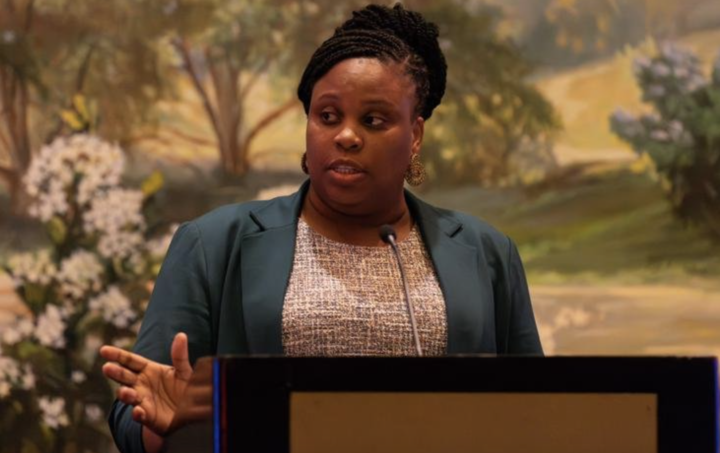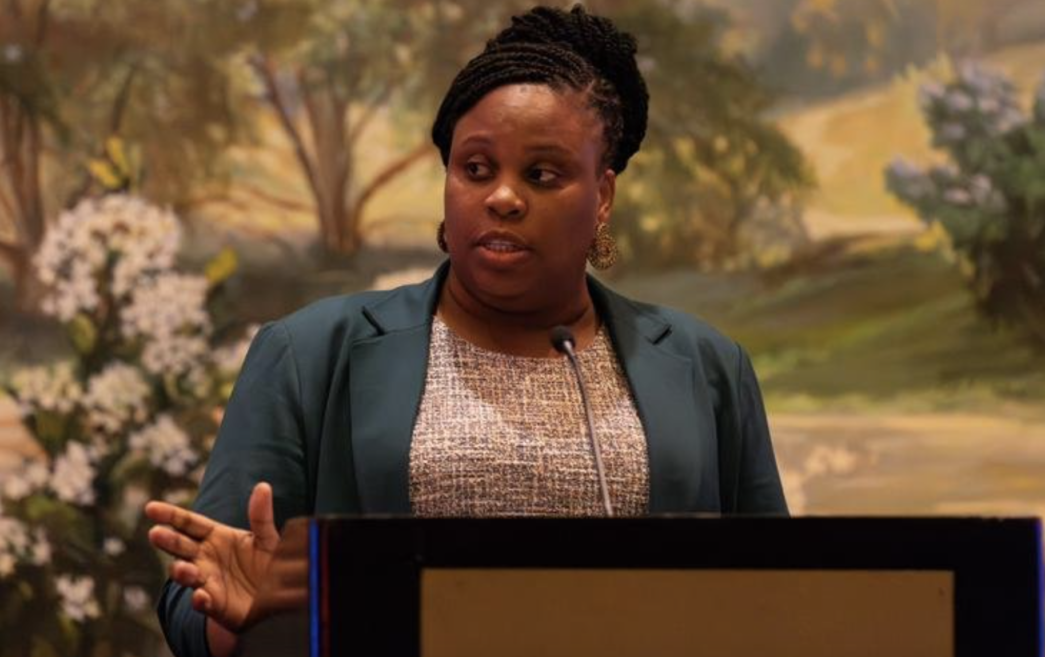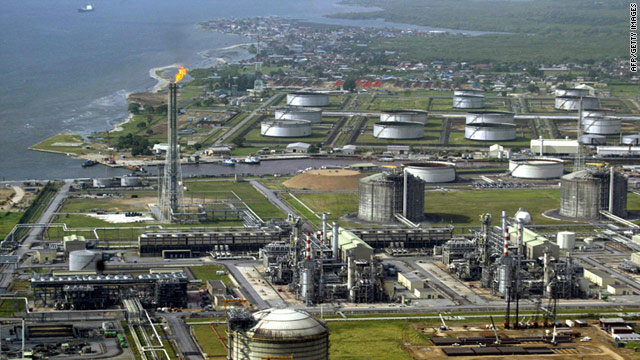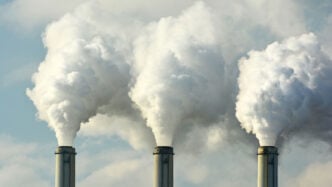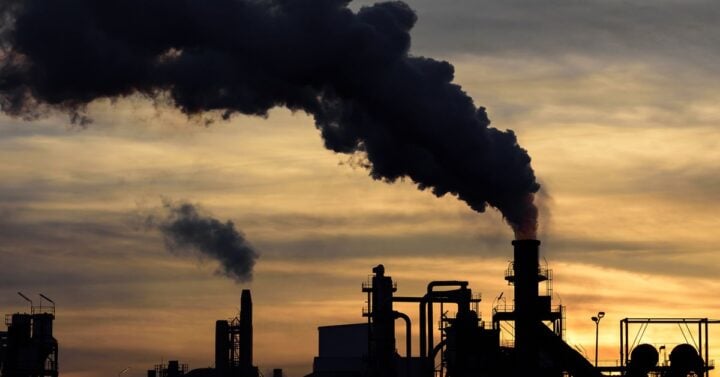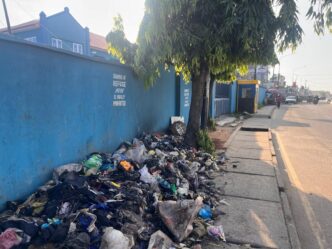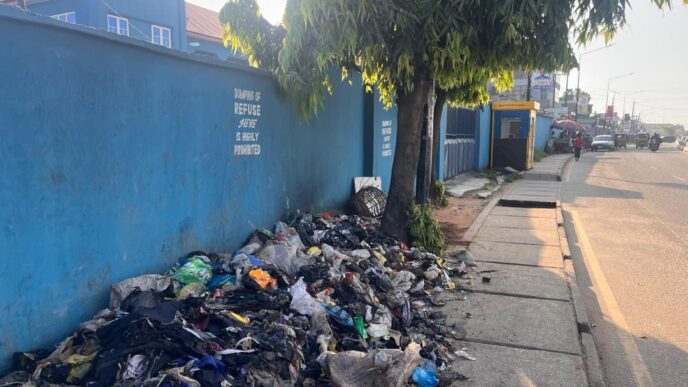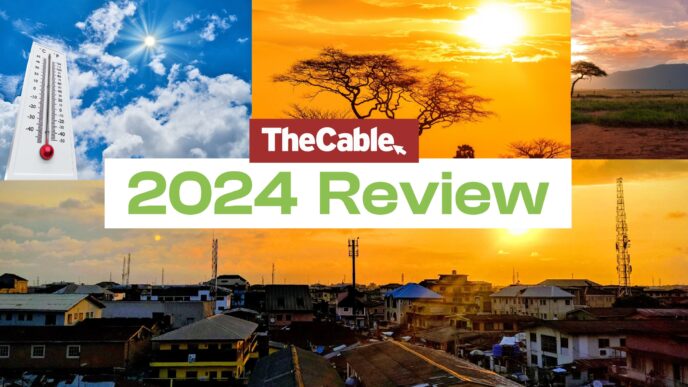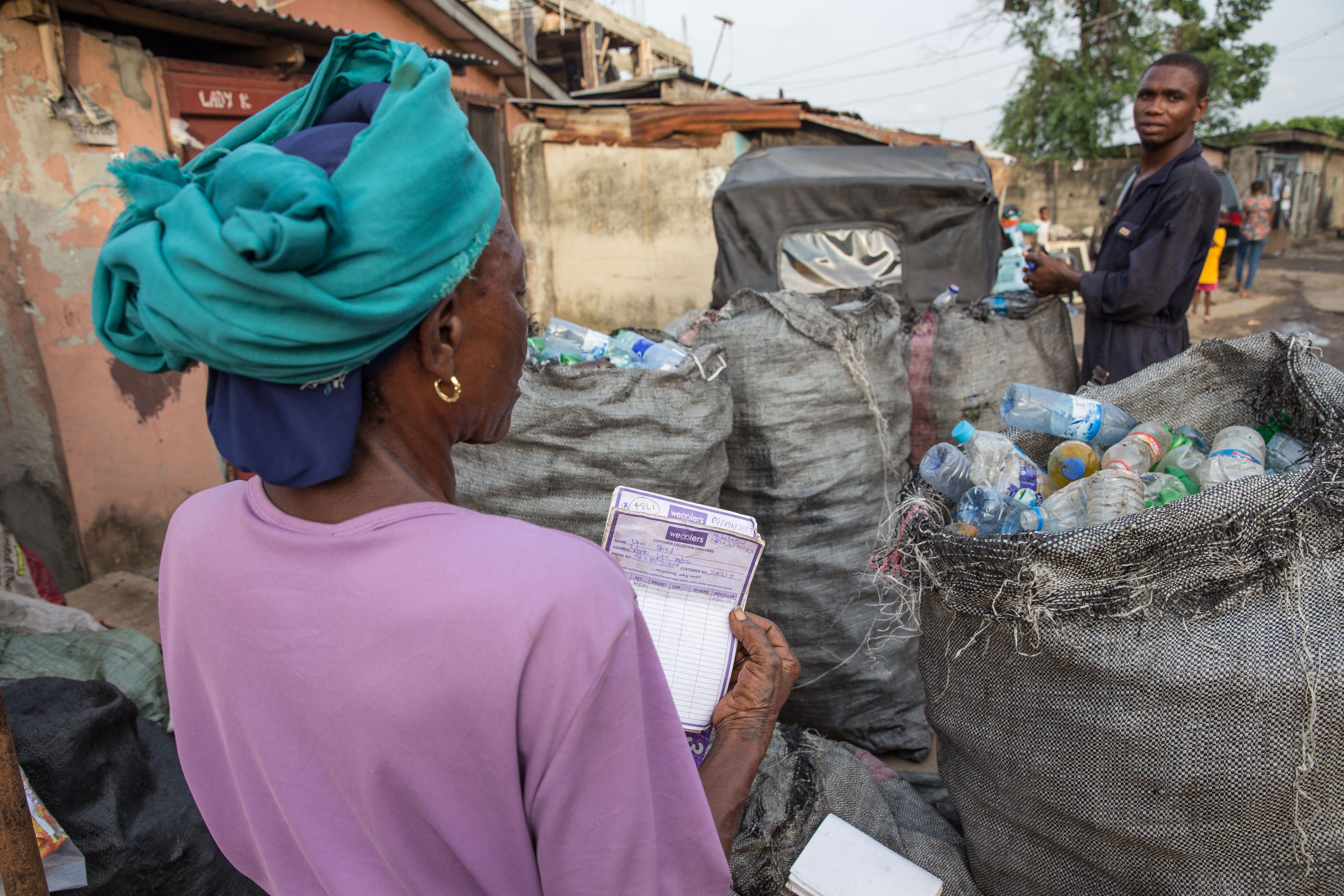Nkiruka Maduekwe, NCCC director-general
The National Council on Climate Change (NCCC), in partnership with the Stakeholder Democracy Network (SDN), has begun the implementation of monitoring reporting verification (MRV) systems to mitigate emissions in Nigeria.
Nkiruka Maduekwe, NCCC director-general, spoke in Abuja on Tuesday at an inception workshop to implement MRV for short-lived climate pollutants (SLCPs) in key sectors.
The MRV programme is designed to assist the government in gaining a clearer understanding of how different sectors contribute to methane and other emissions, while identifying effective opportunities for mitigation.
Maduekwe noted that methane is a major greenhouse gas and short-lived climate pollutant that needs to be addressed.
Advertisement
The NCCC boss added that Nigeria has identified three priority sectors for methane reduction: oil and gas, agriculture, and waste.
Maduekwe said the country will now focus on monitoring emissions, reporting them, and exploring verification methods.
She added that the workshop aimed to develop guidelines for methane MRV, enabling Nigeria to measure the amount of methane reduced by the end of 2025.
Advertisement
“We know that if you do not measure something, you are not able to know what it is you need to do; and so, we have understood that monitoring, reporting and verification is very crucial to identifying how much methane we have been able to reduce as a country,” she said.
“That is why this is very important; this is the inception workshop to kick-start this project and you are very crucial stakeholders to ensure that Nigeria actually has an MRV specifically for short-lived climate pollutants.
“We all know what is happening in Rivers with the black carbon emissions; you touch things and they are black; it is affecting the health of children, adults and we are not even doing the calculation of how much methane is affecting our lives.
“So, when we talk about short-lived climate pollutants, we are talking about something that affects you as a human being; yes, we are talking about greenhouse gases that although short-lived in air but their impact is so devastating compared to carbon dioxide.”
Advertisement
Catalina Etcheverry, programme management officer, Climate and Clean Air Coalition (CCAC), said the coalition worked to mitigate SLCPs including methane, hydro fluorocarbons, black carbon and tropospheric ozone.
Etcheverry said the coalition supports signatory countries, including Nigeria, in achieving the global goal of reducing methane emissions by at least 30 percent by 2030.
“To limit warming to 1.5 degrees, countries have to work on significant reductions both on SLCPs as well as on carbon dioxide across all sectors by 2030,” Etcheverry said.
“SLCPs are responsible for 45 percent of current warming but stay in the atmosphere for a much shorter period than CO2.
Advertisement
“This means that the reductions in short-lived climate pollutants can achieve climate benefits within less than 20 years; it also has a host of co-benefits to livelihoods to health that we should account for.
“We are very pleased that Nigeria is now working on monitoring and tracking of progress of these short-lived climate pollutants across key sectors because it is essential to transparency and determines whether Nigeria is progressing on the longer-term goals of the Paris Agreement.”
Advertisement
